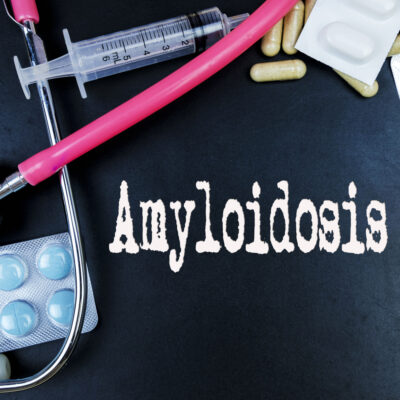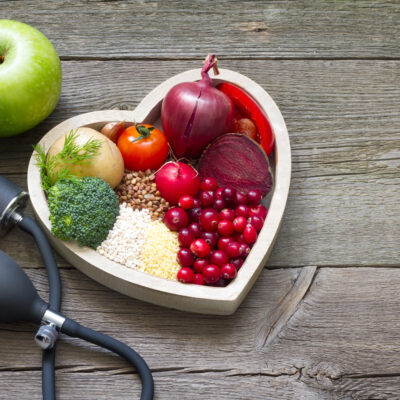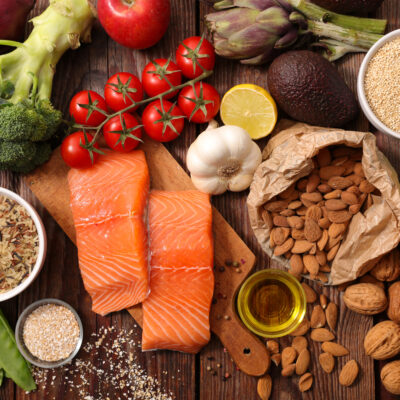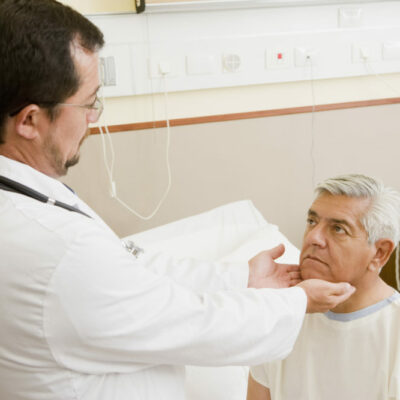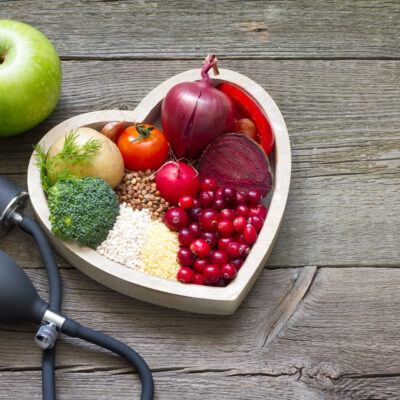
Health
5 Easy ways to manage cholesterol at home
Cholesterol is a wax-like fatty substance necessary to make hormones in the body. There are two primary types of cholesterol in the body, namely, LDL and HDL. LDL is bad cholesterol, and high amounts of LDL can lead to the buildup of plaque in the arteries. HDL is the good cholesterol as it helps the liver get rid of the excess fat in the body. 1. A Healthy Diet Diet is directly associated with one’s cholesterol levels, and it is important to maintain a balanced intake of food and beverages. It is necessary to reduce the number of saturated fats present in red meat and full dairy products as the fats raise the overall cholesterol levels. One must also eliminate trans fats, which are mostly present in hydrogenated vegetable oils from their diet. Increasing the intake of foods rich in omega 3 fatty acids can help manage blood pressure along with managing high cholesterol. Soluble fibers also reduce the absorption of cholesterol in the bloodstream to reduce the chances of fat buildup in the system. One can also incorporate whey protein into their diet, which helps lower the LDL (bad cholesterol) levels in the system. 2. Alcohol and smoking Heavy consumption of alcohol and regular smoking increase the risk of suffering from the symptoms of high cholesterol.
Read More 